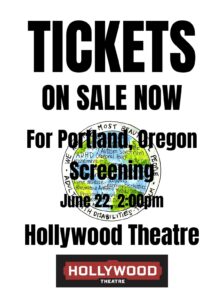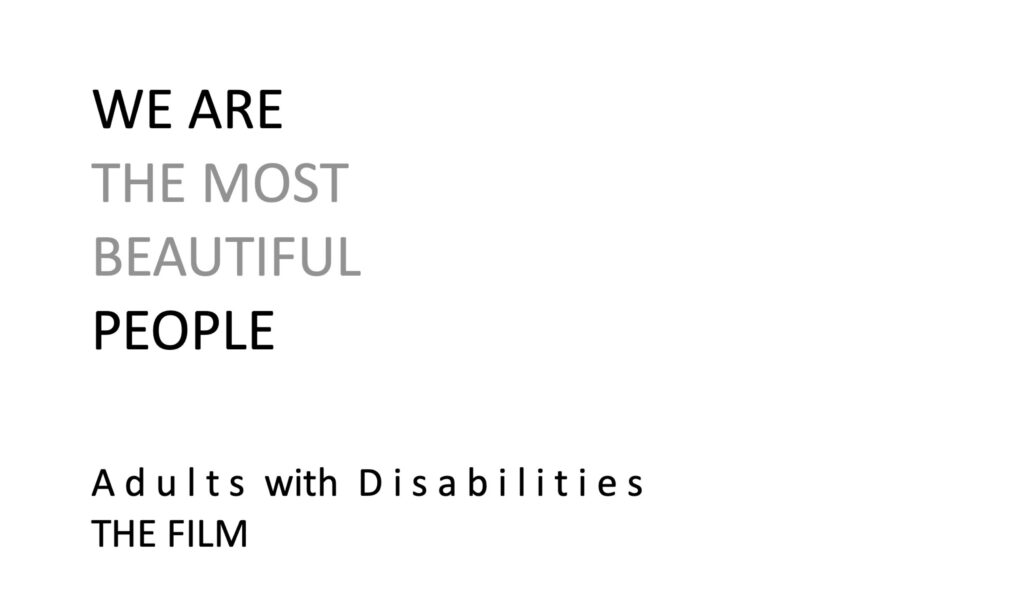
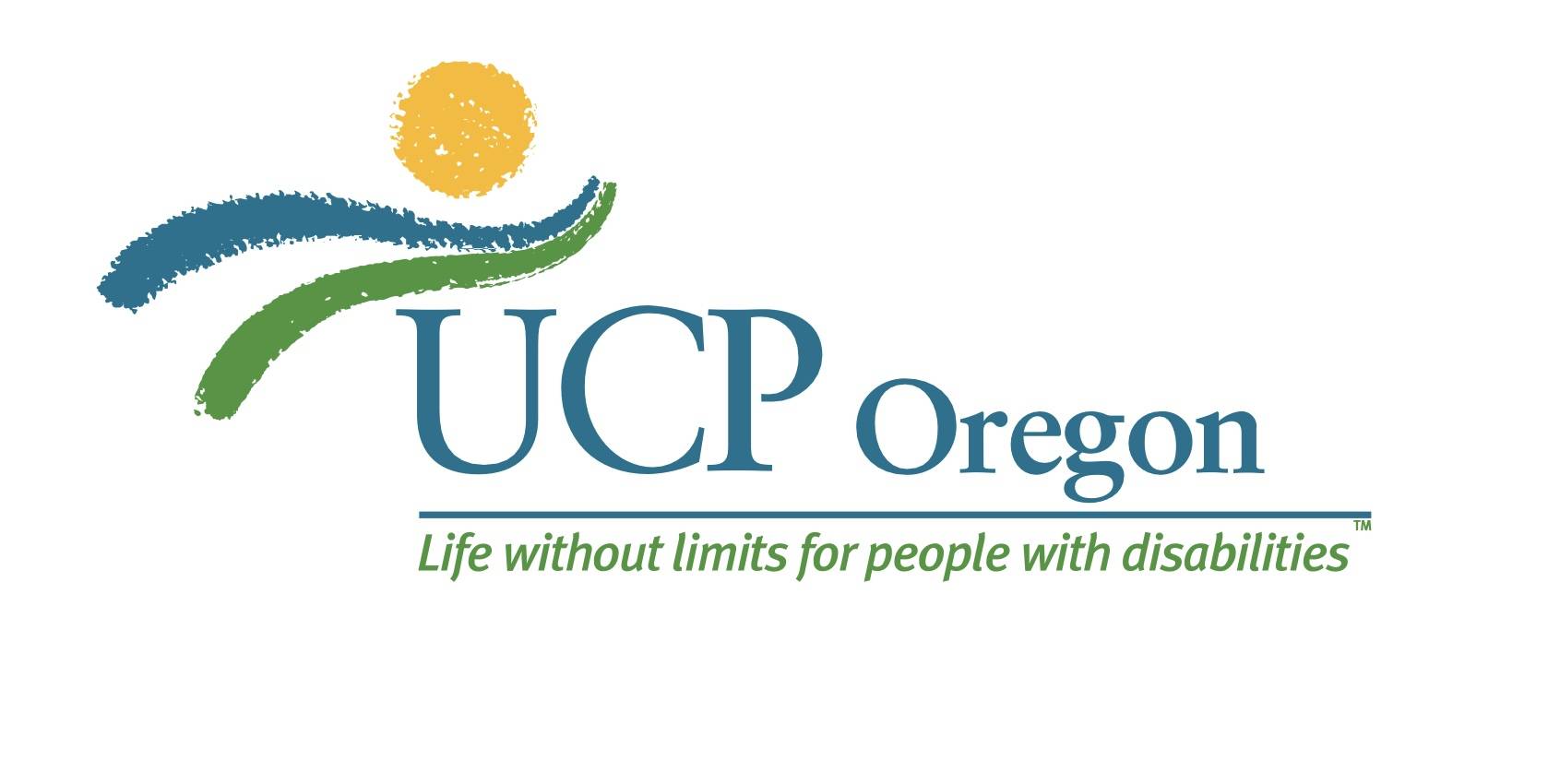

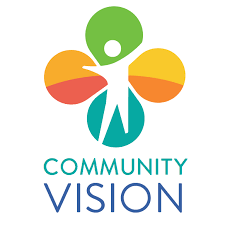

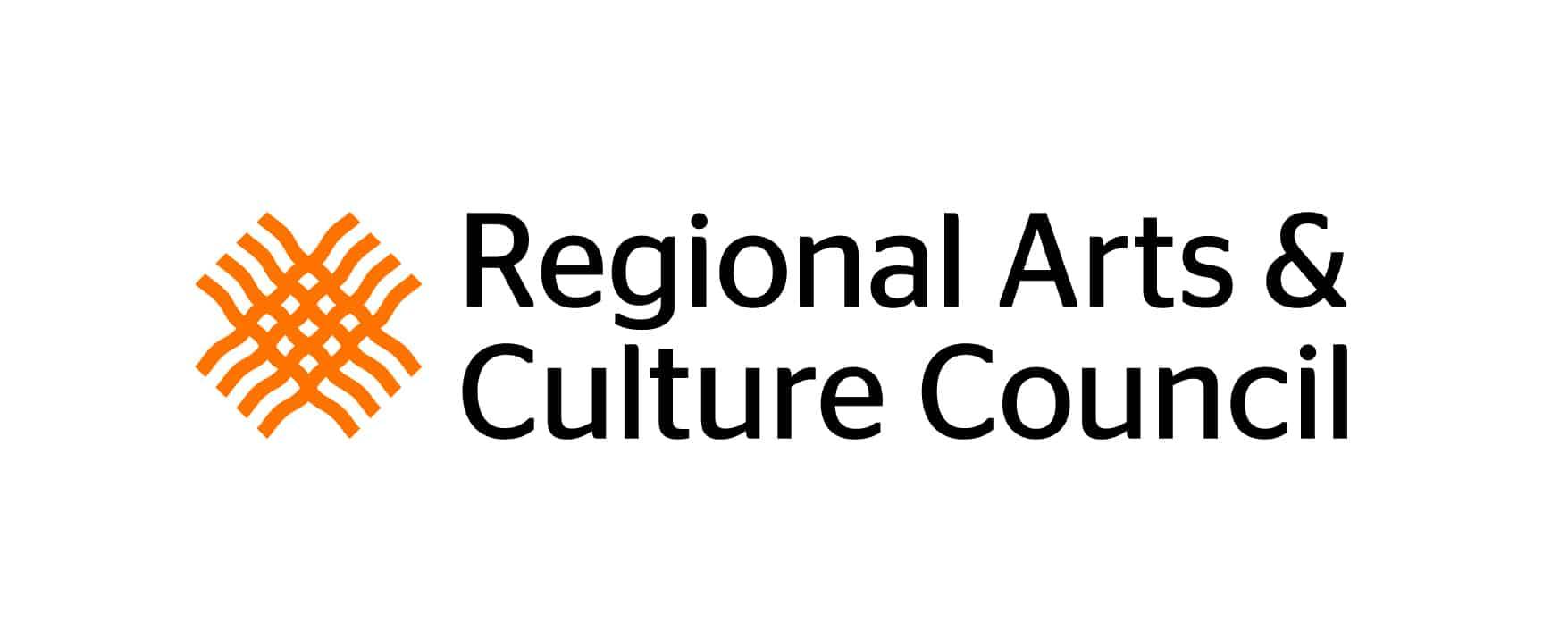

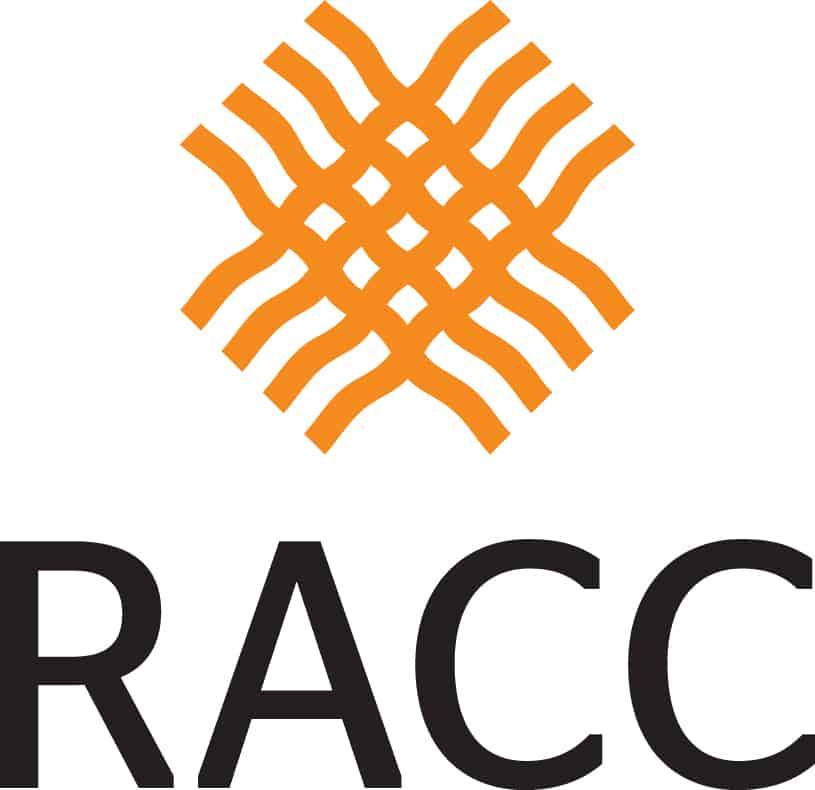

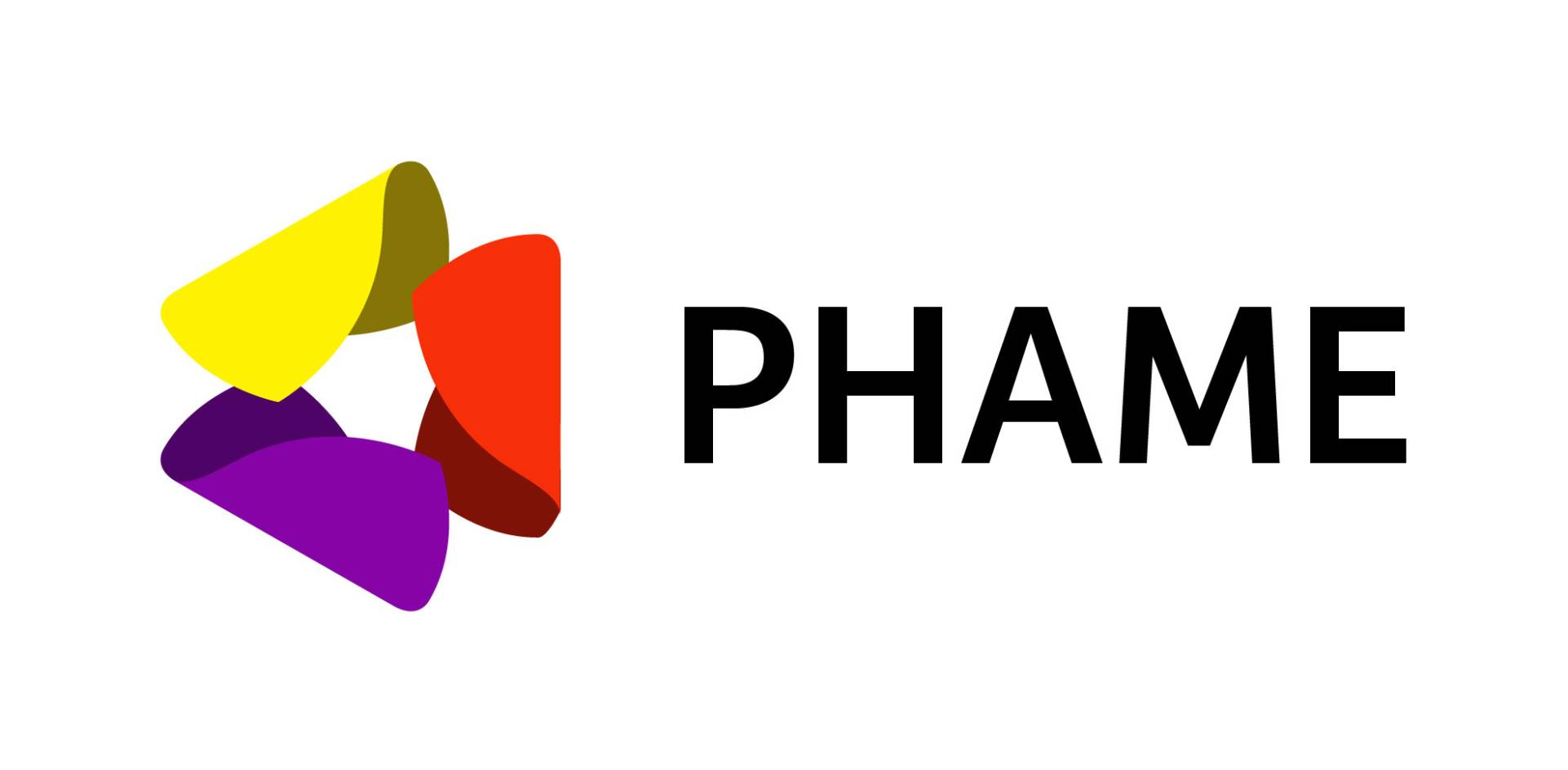



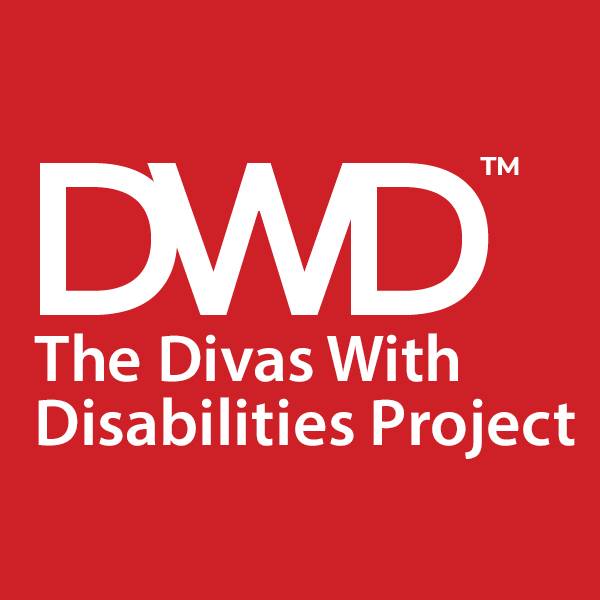

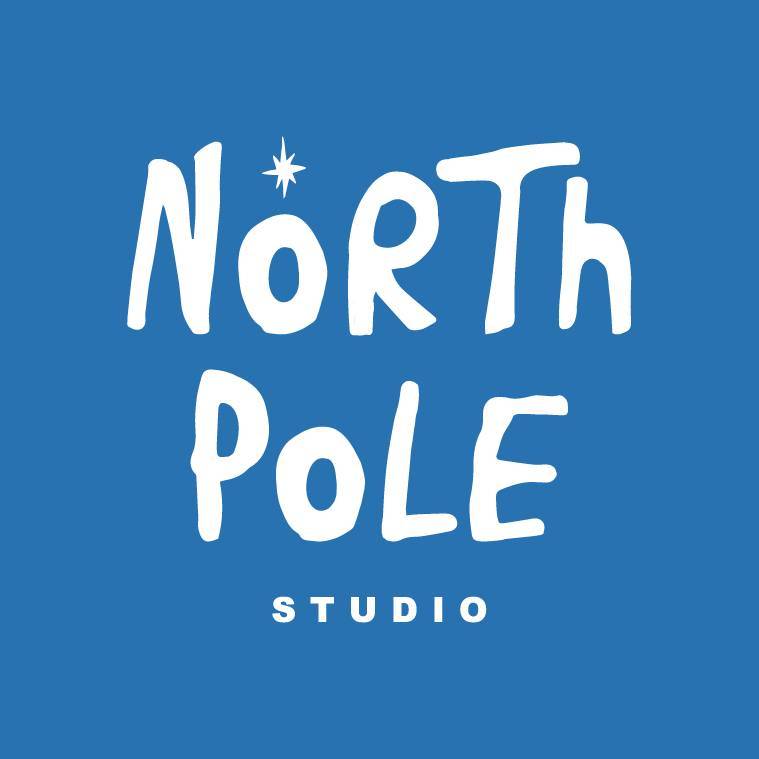

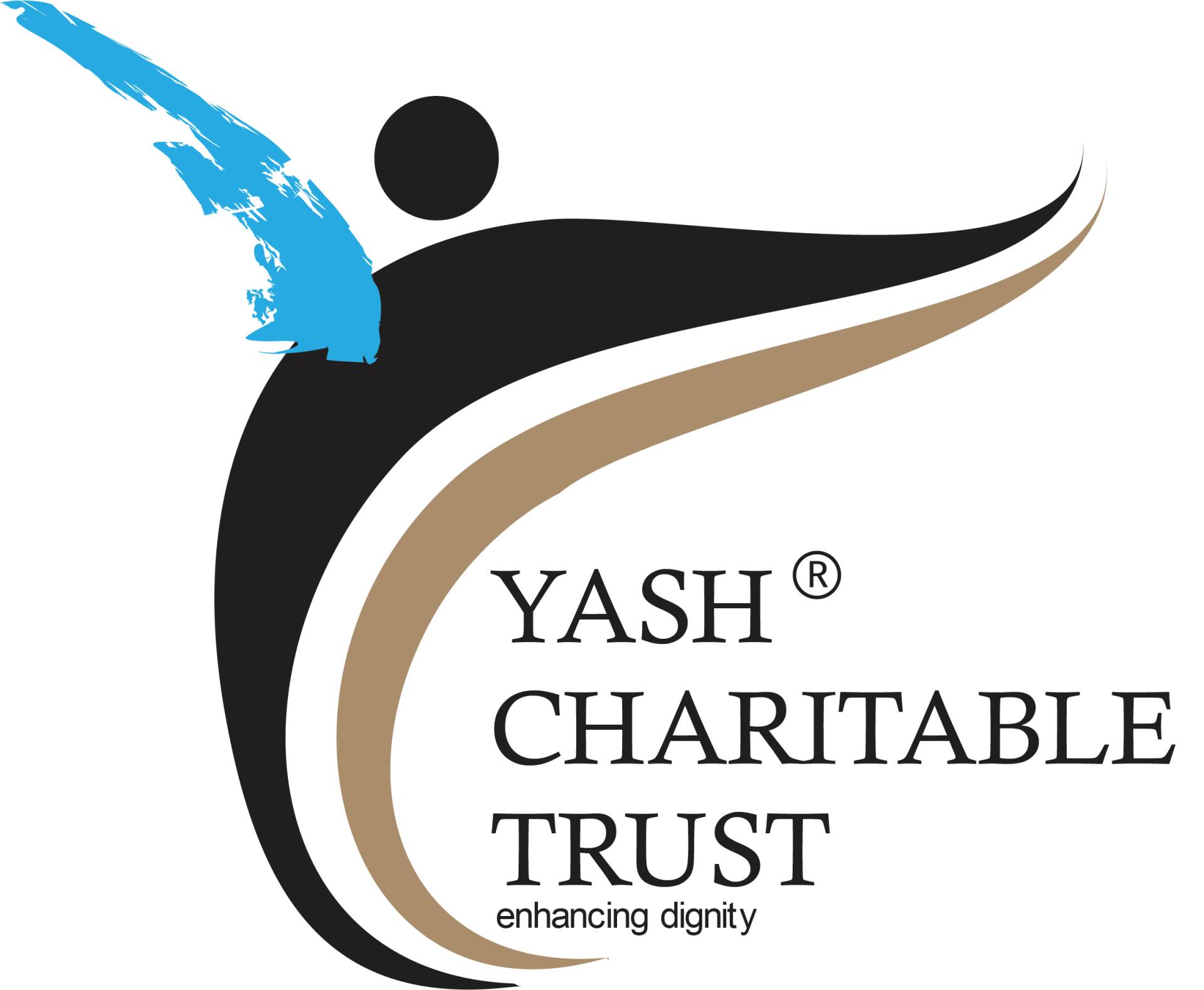

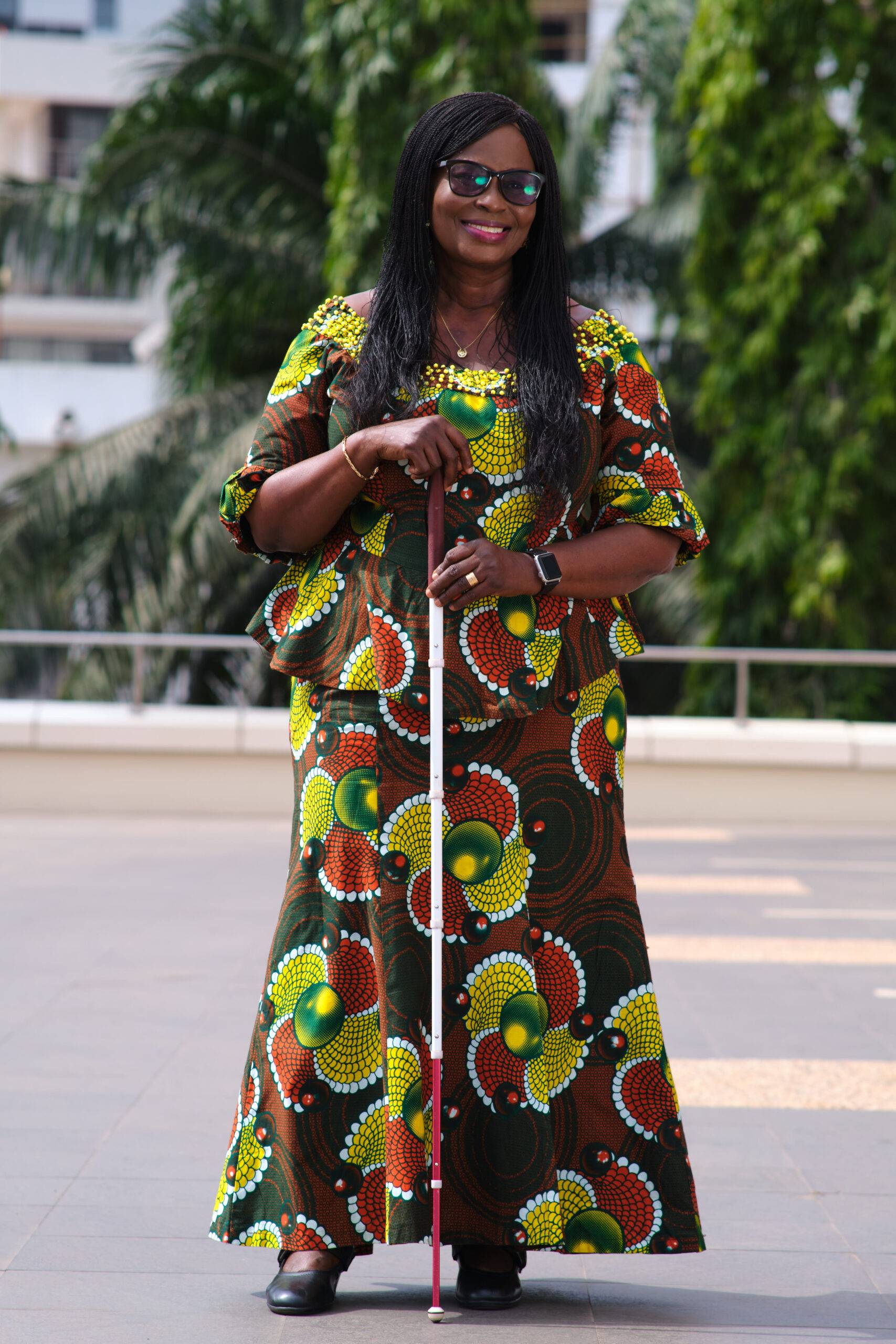

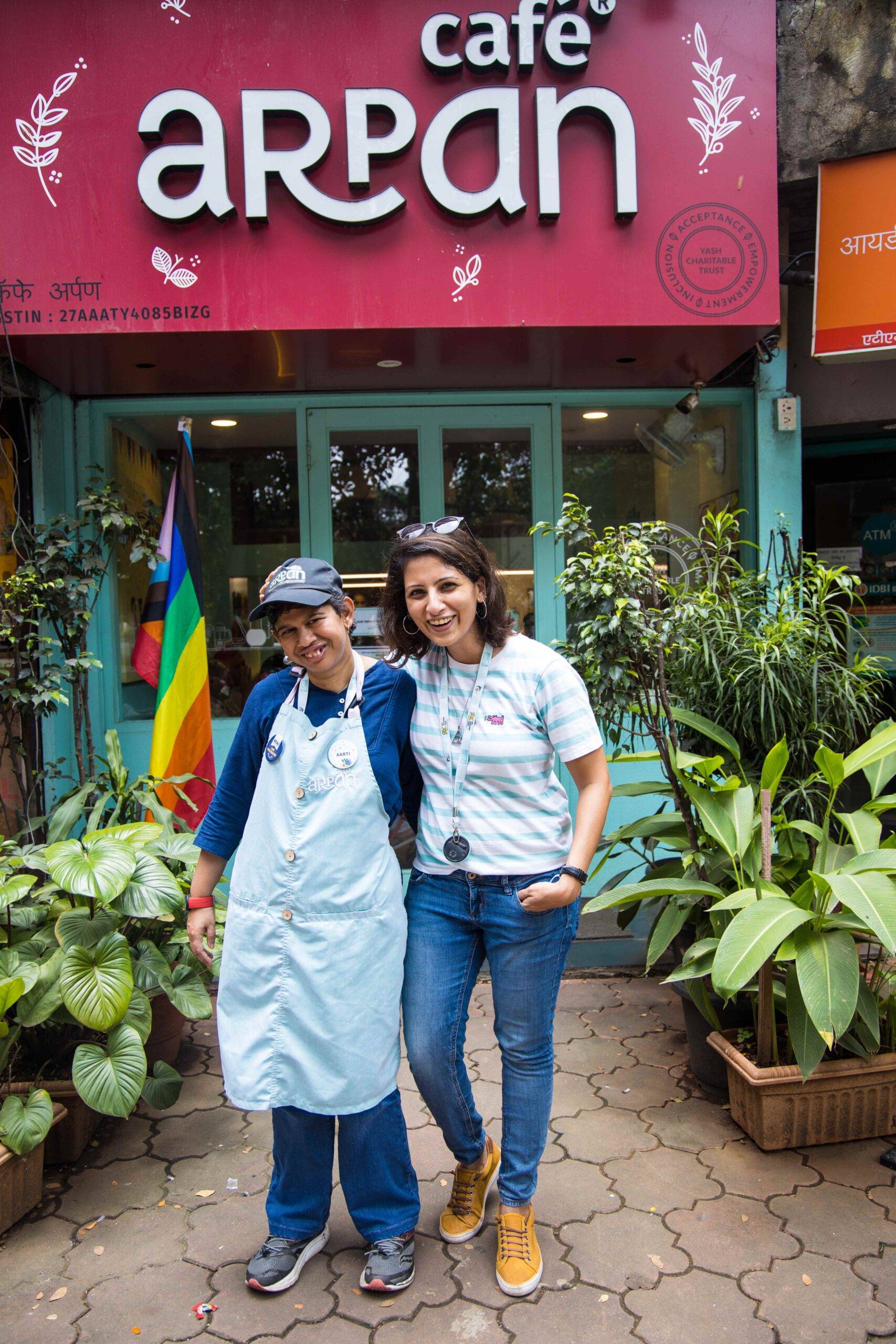



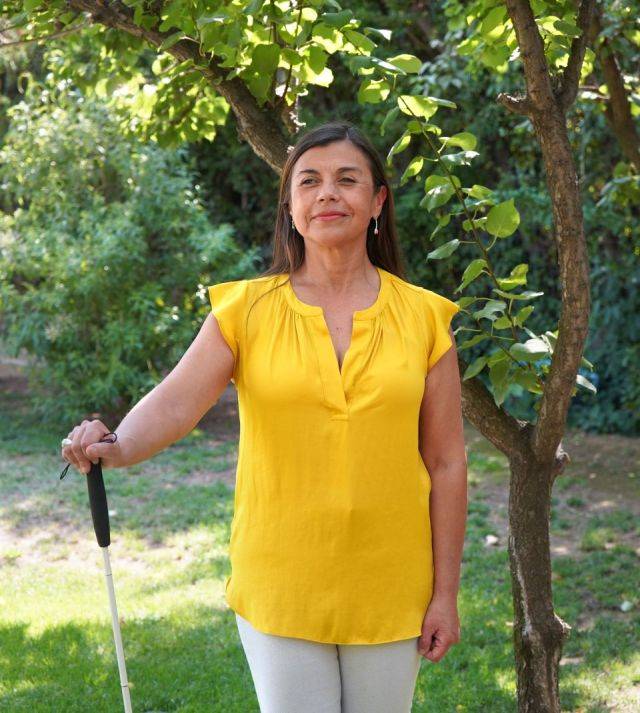

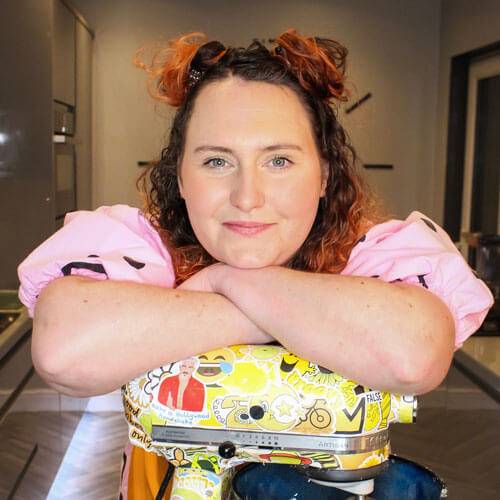

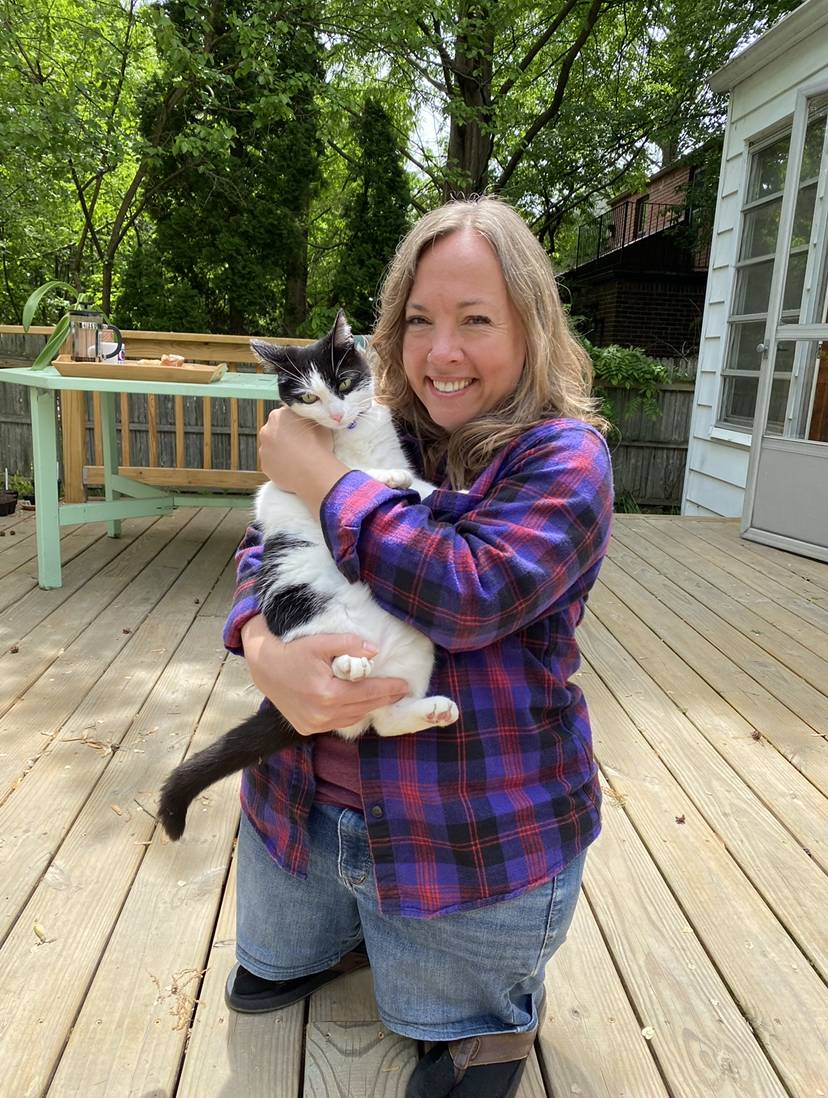

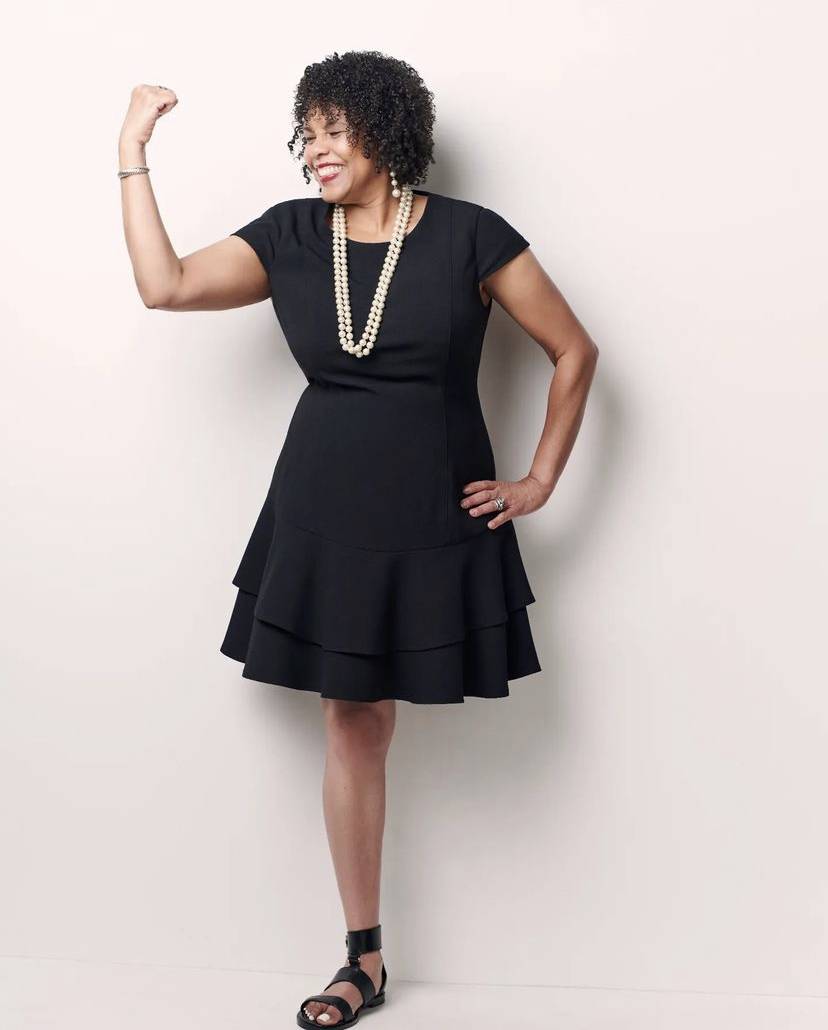

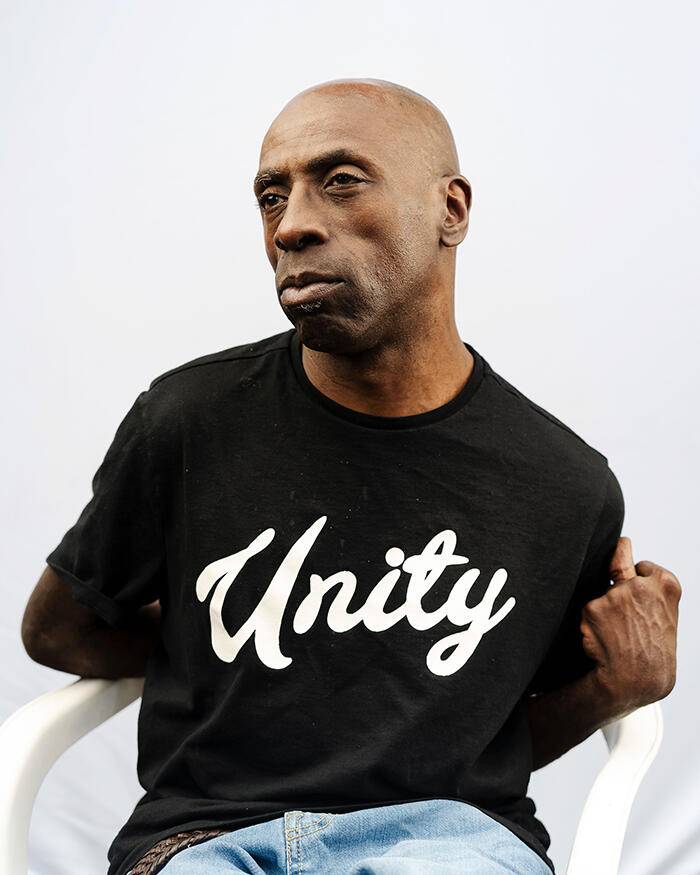

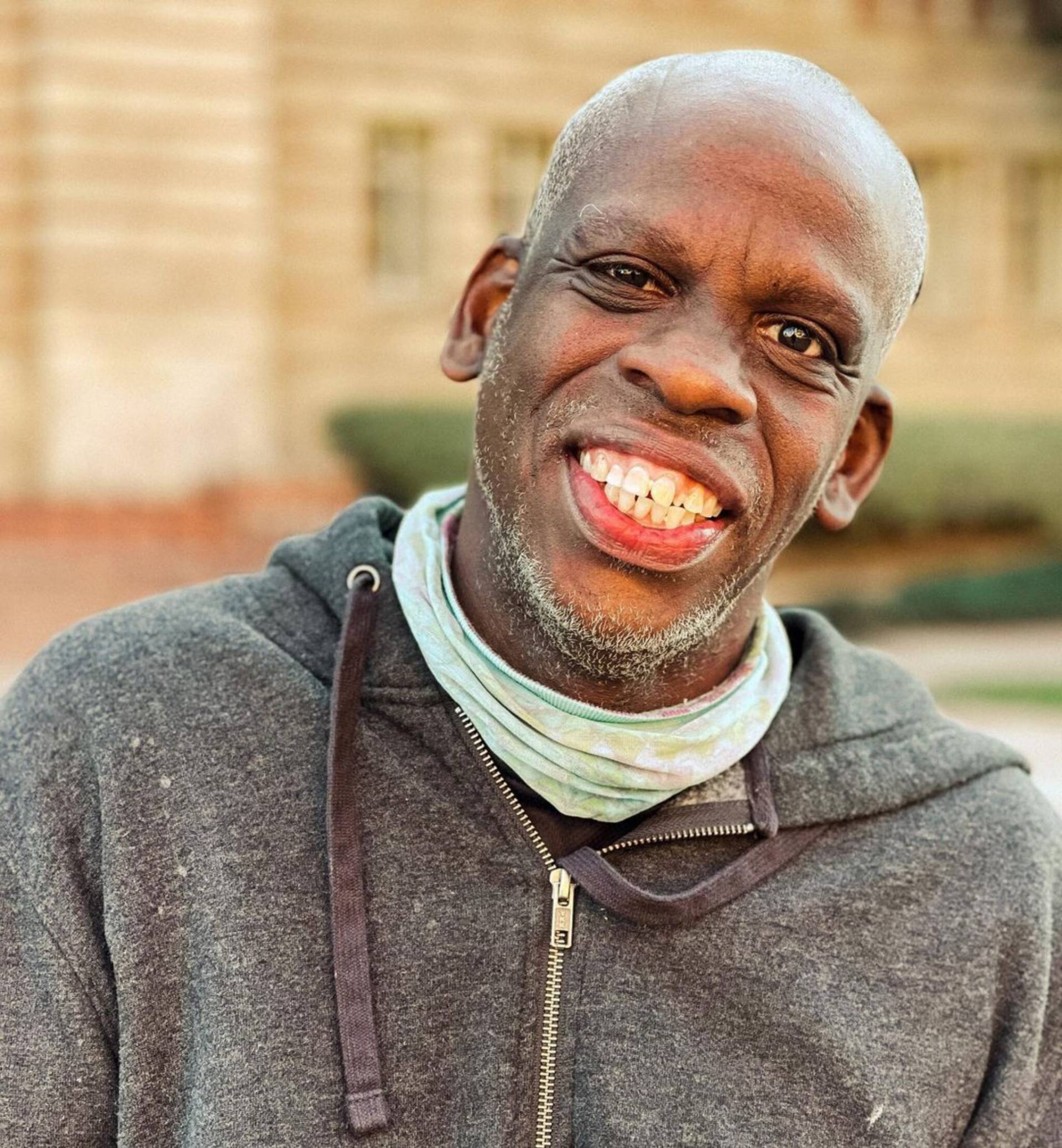

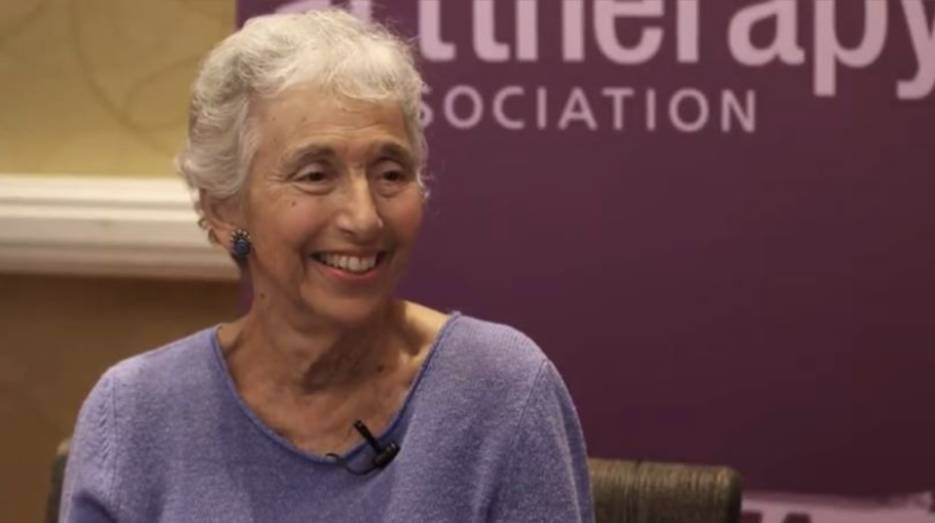

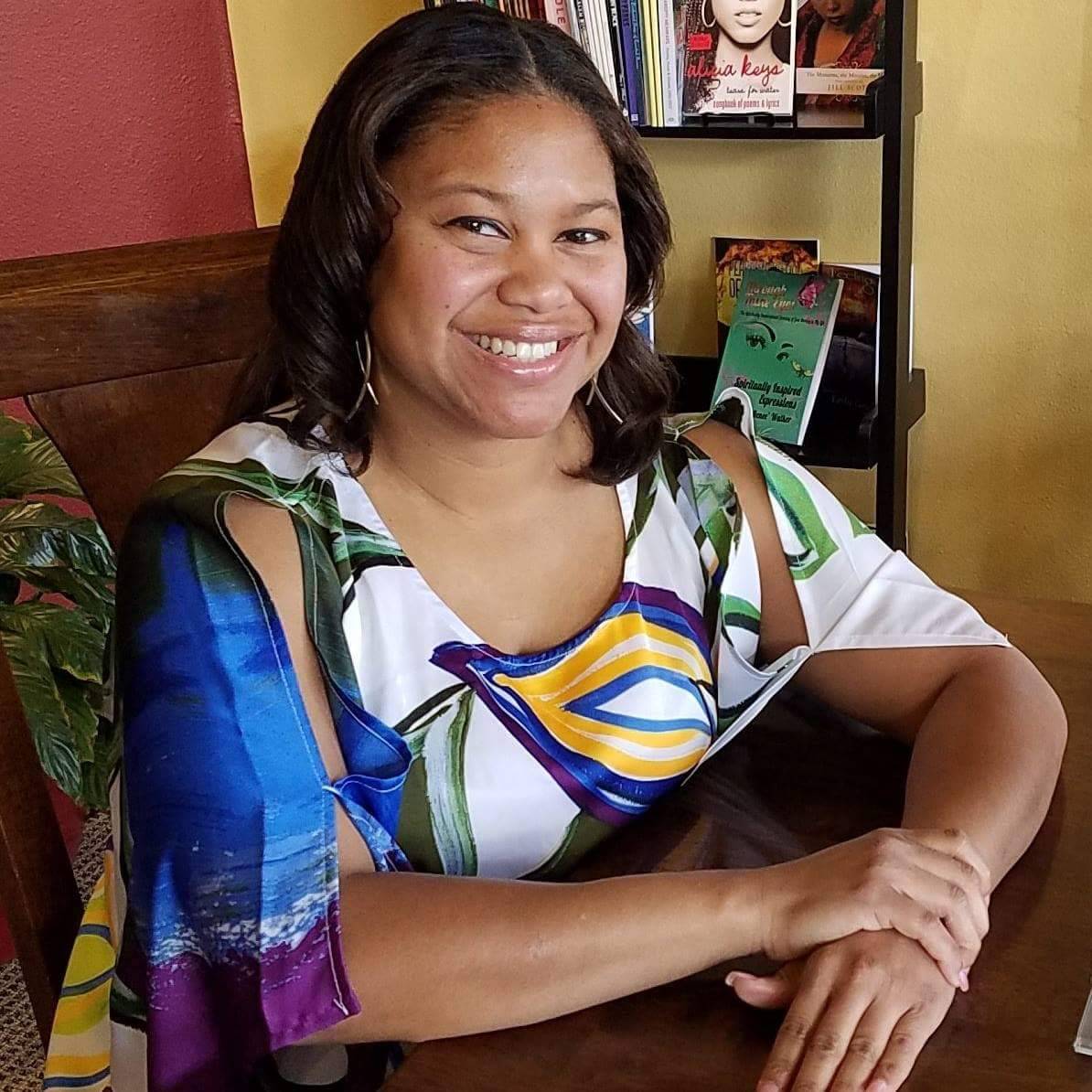

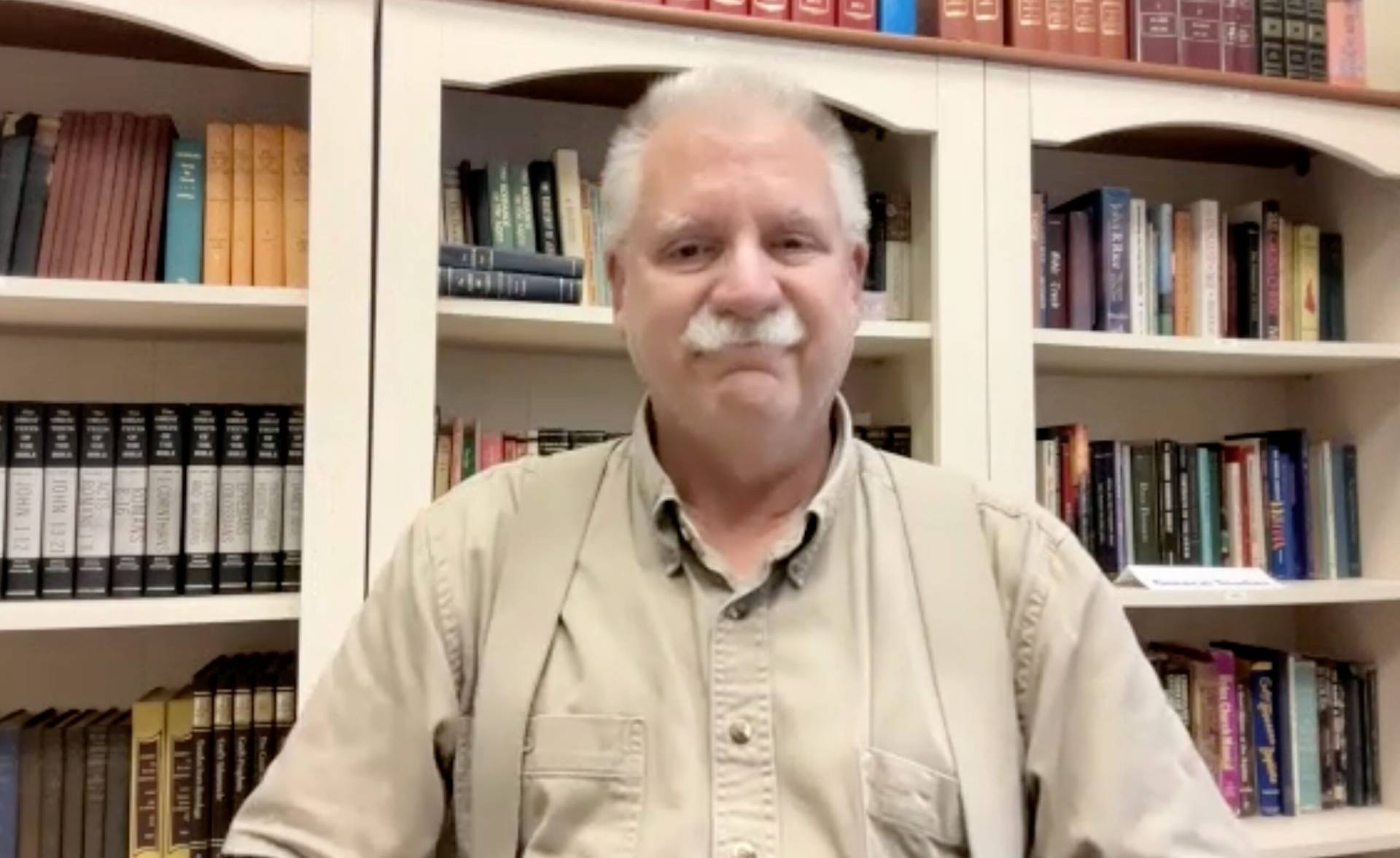

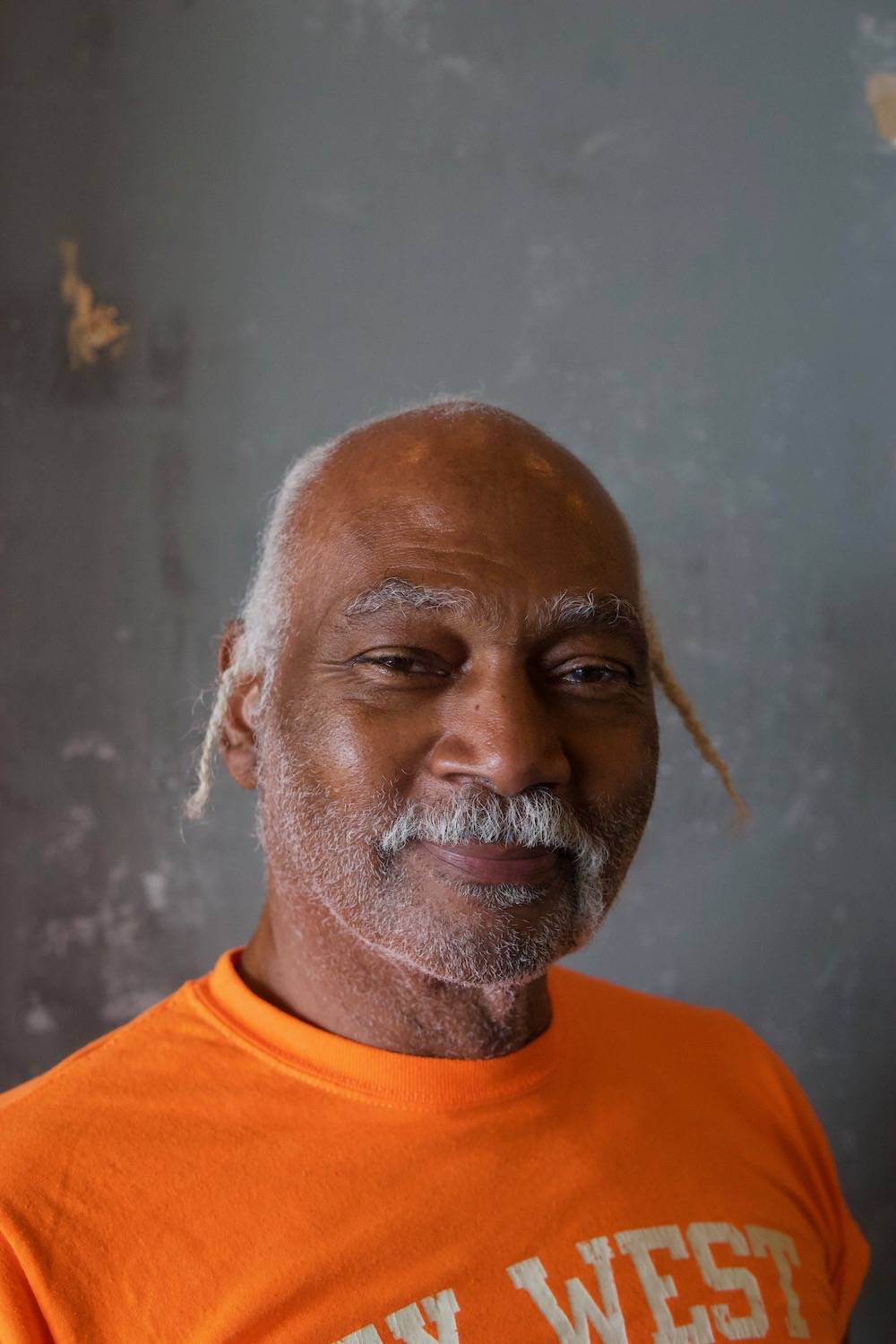



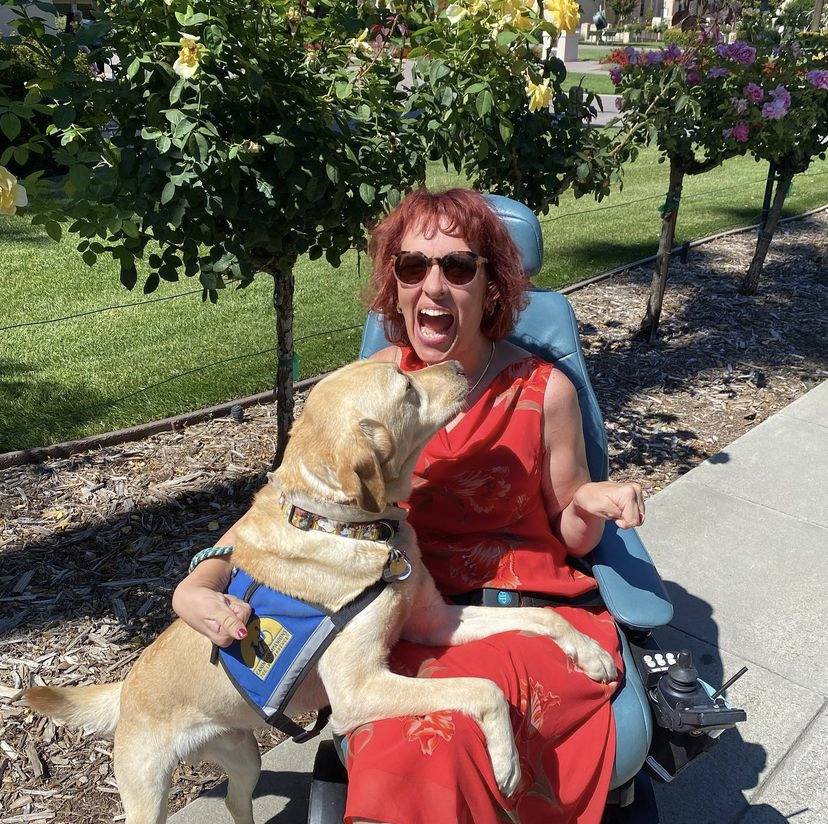

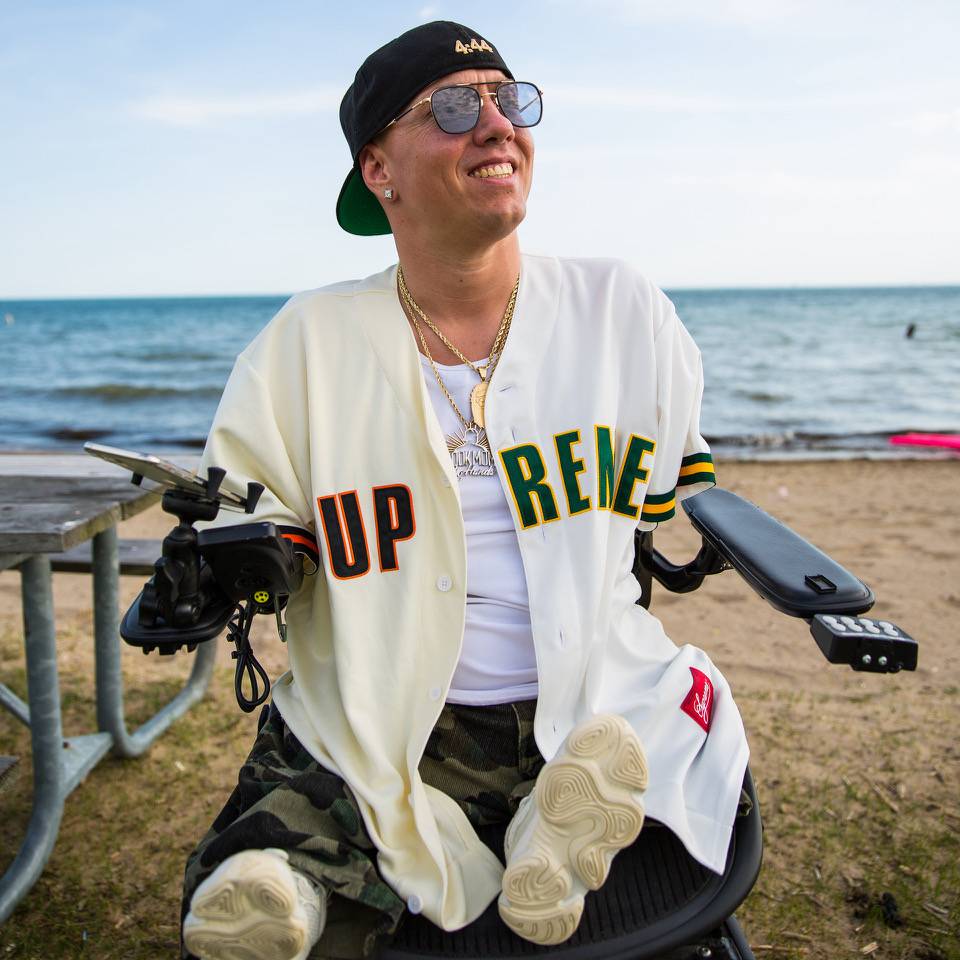

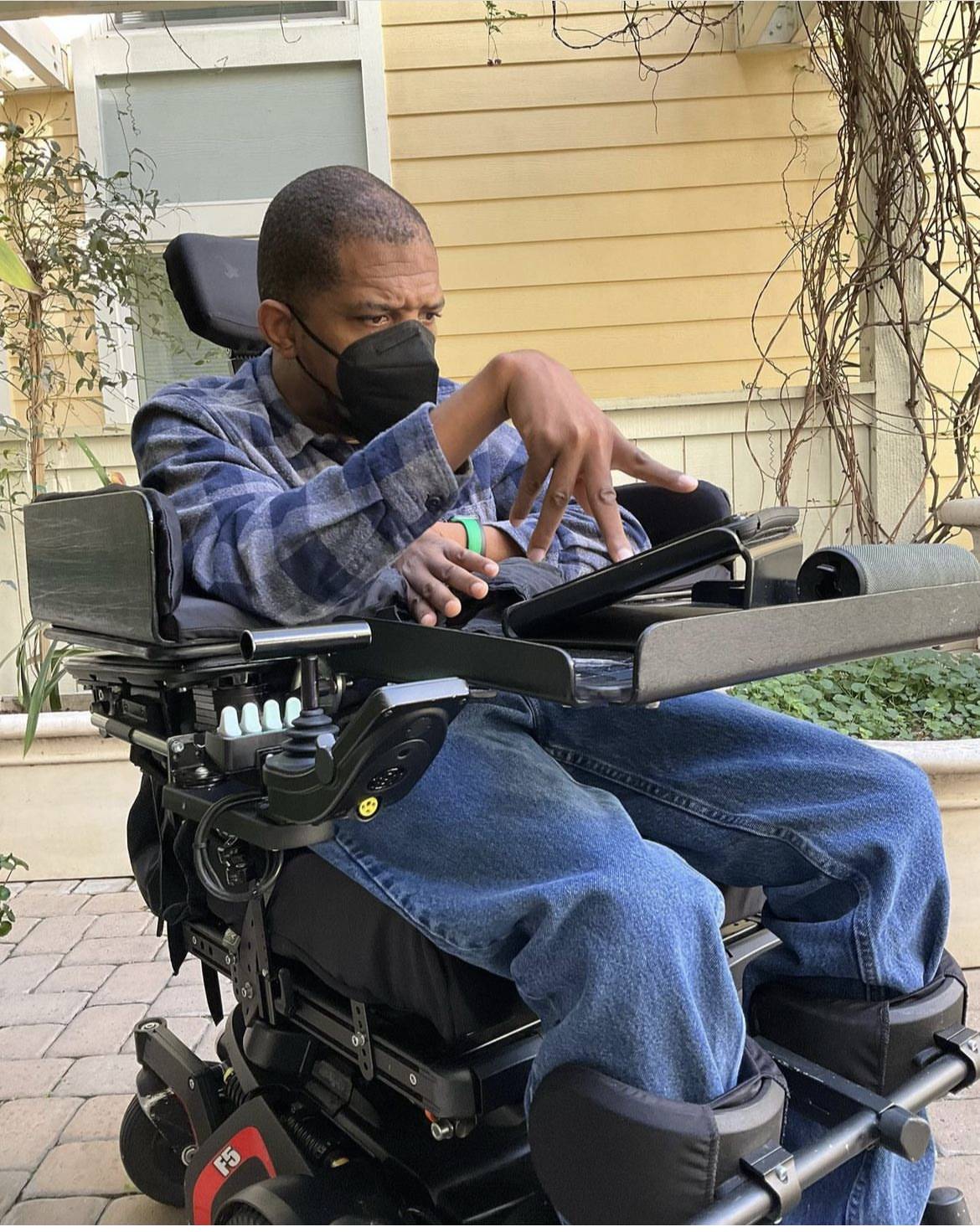



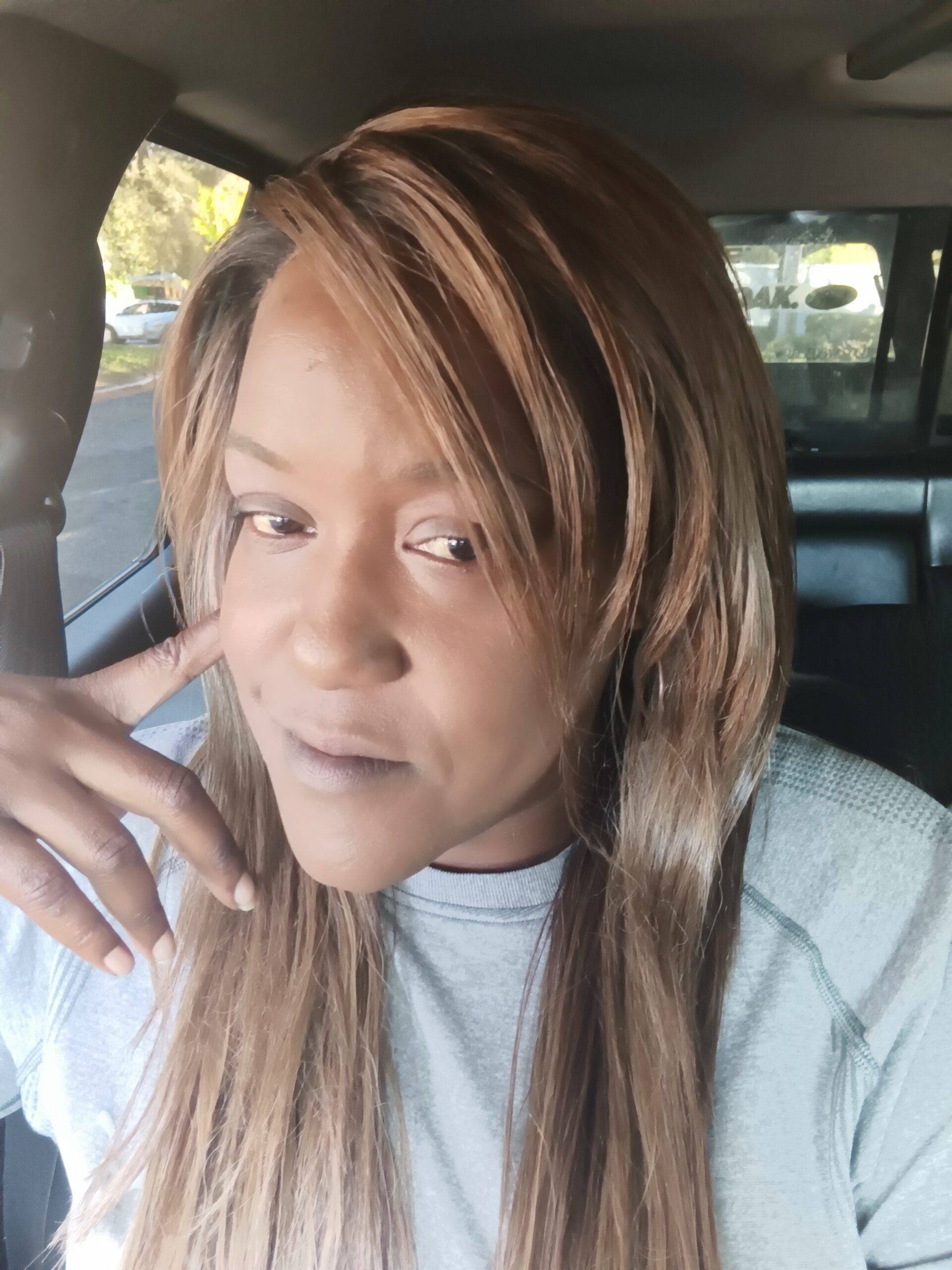

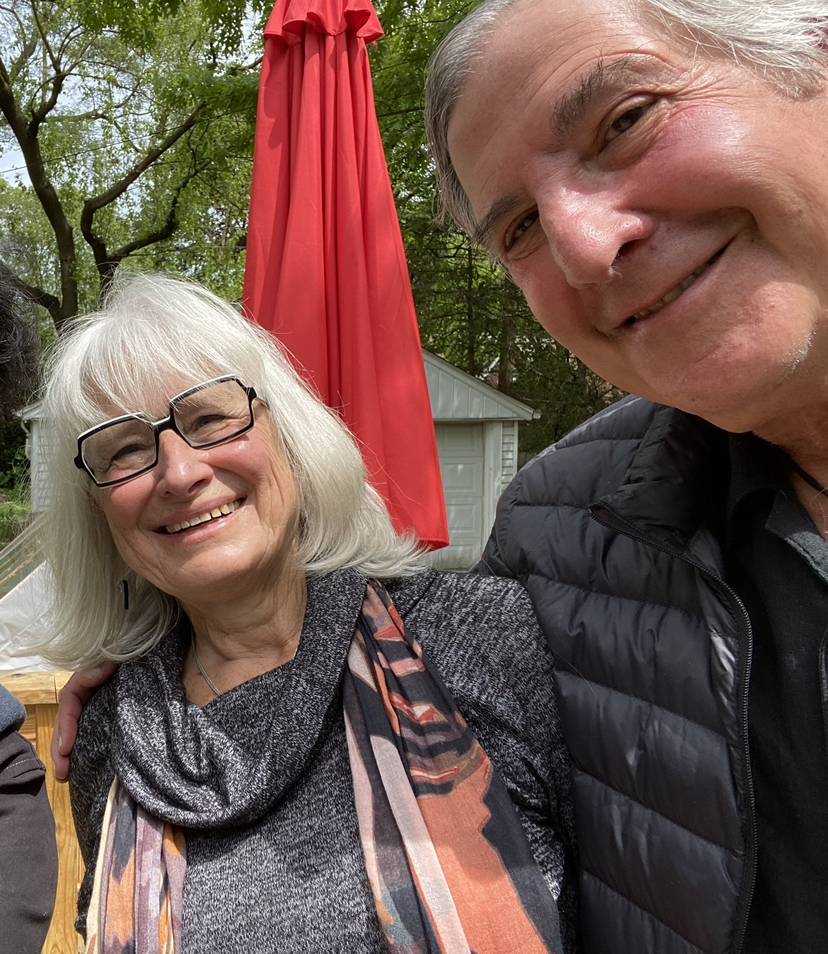

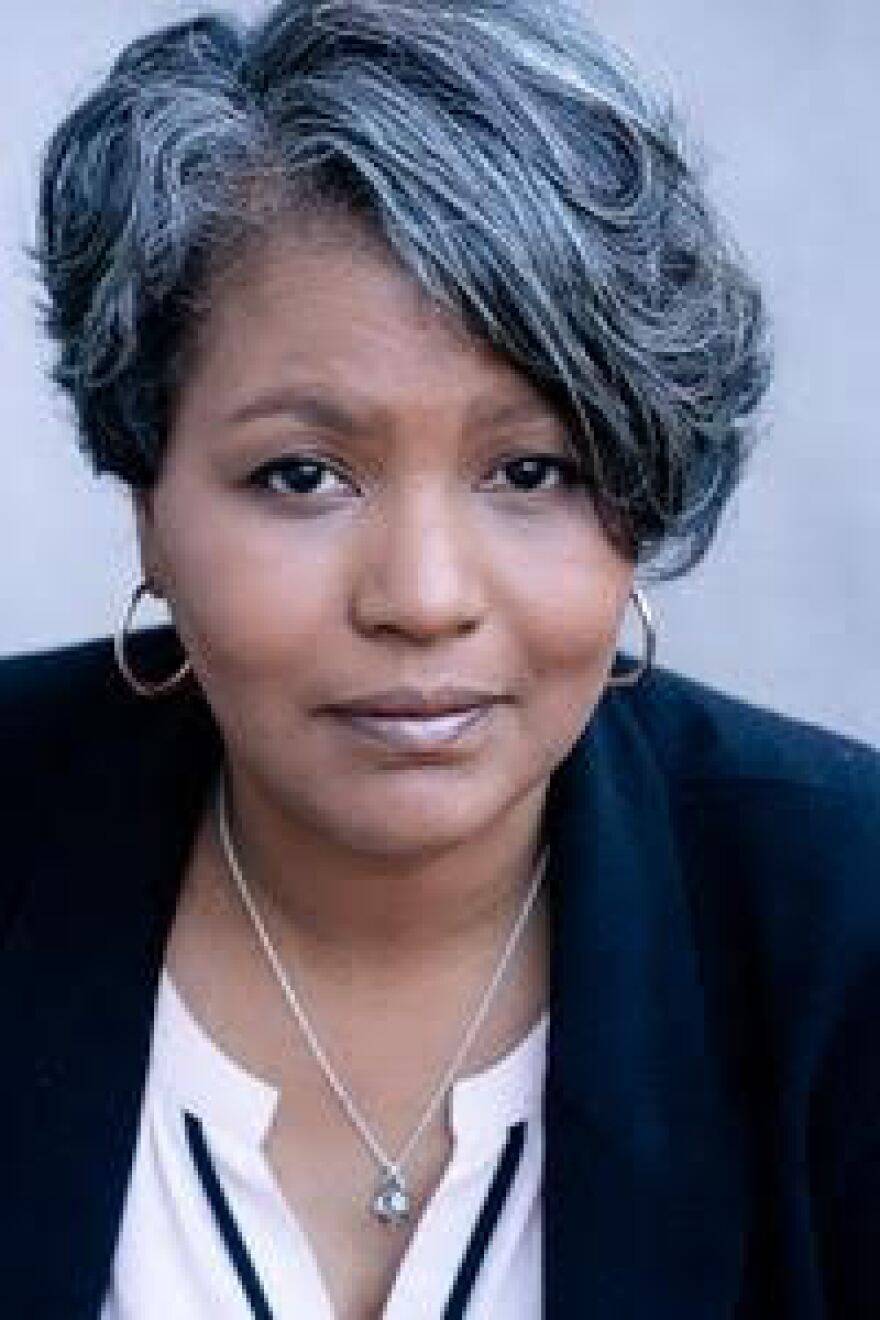

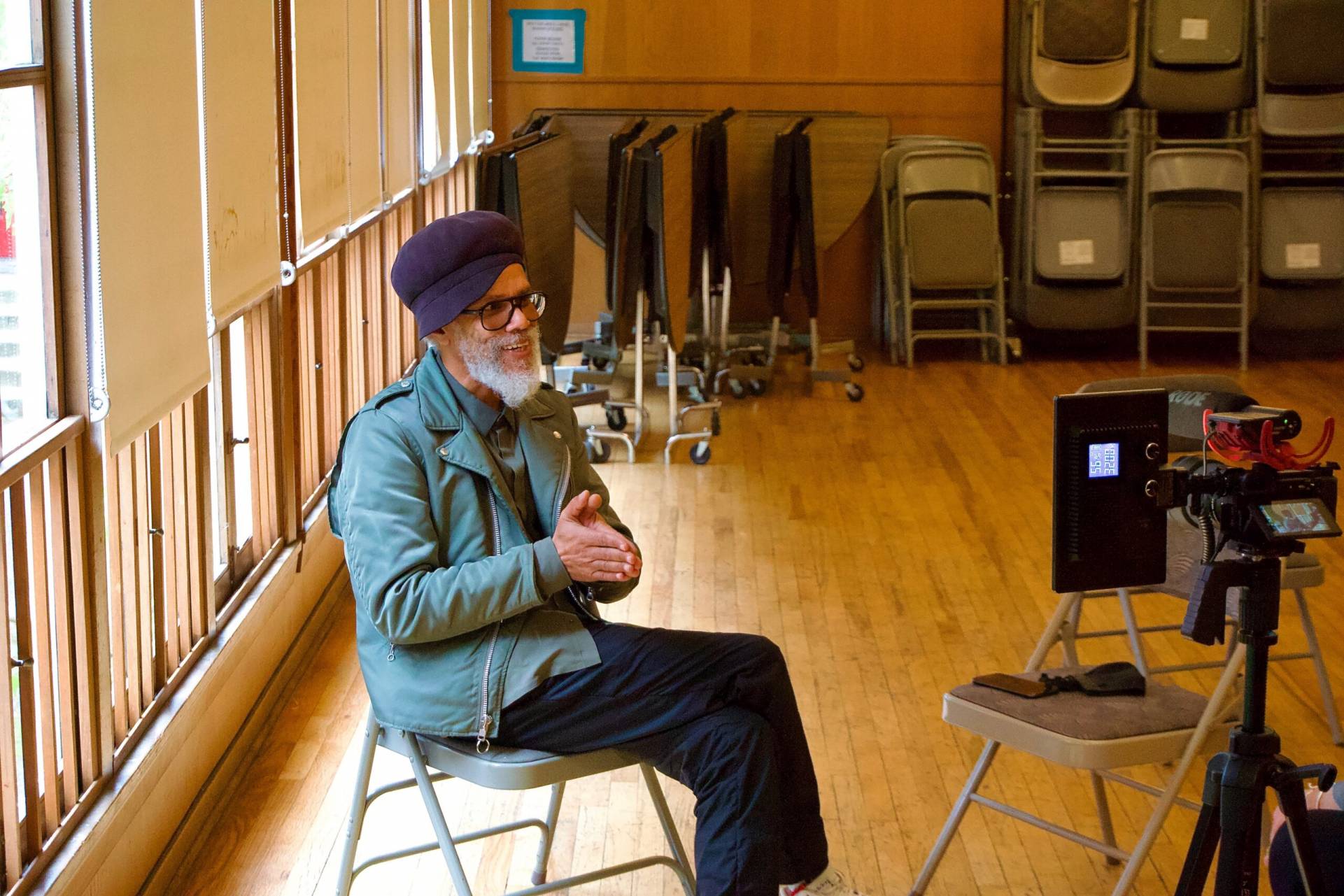

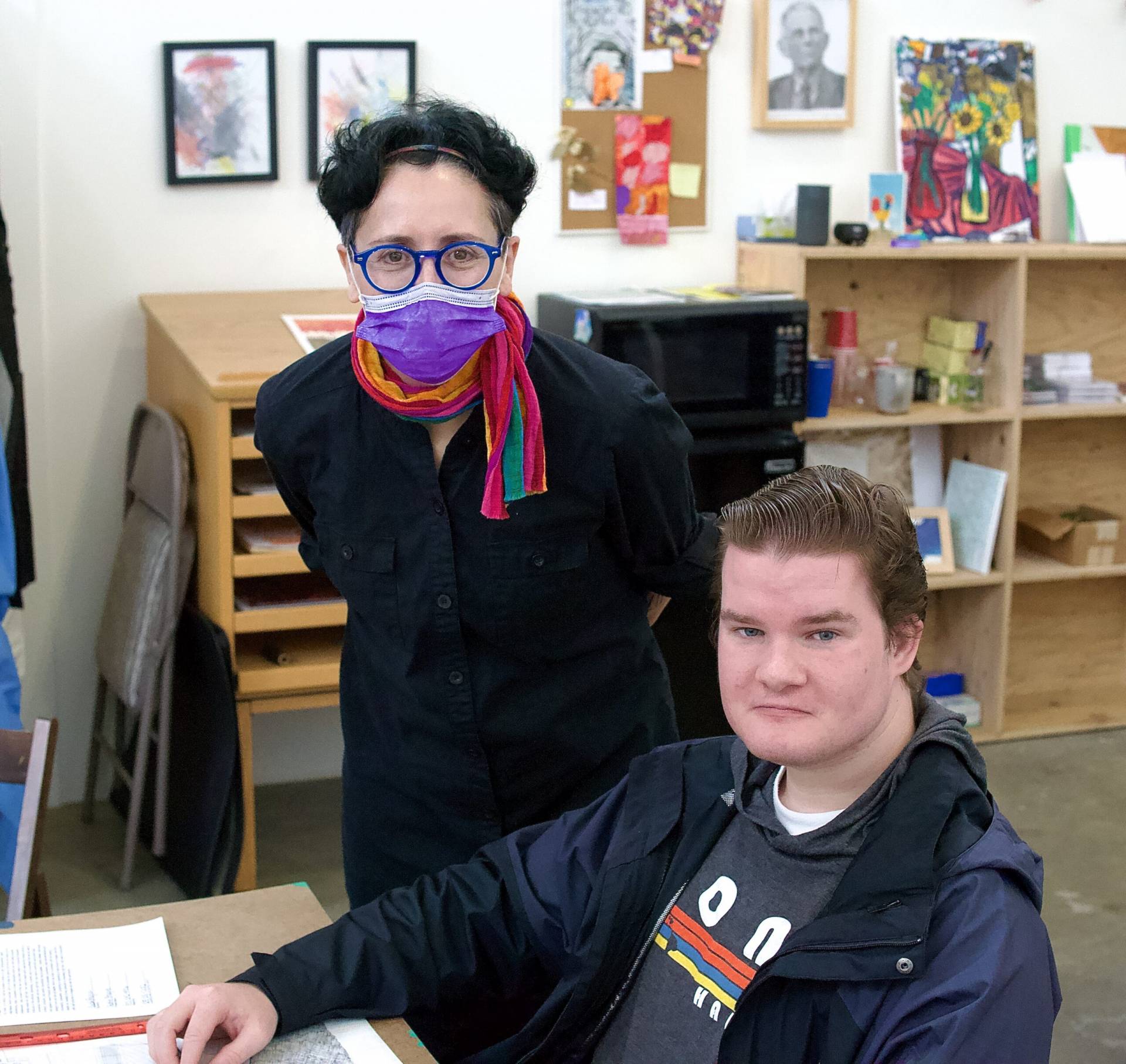

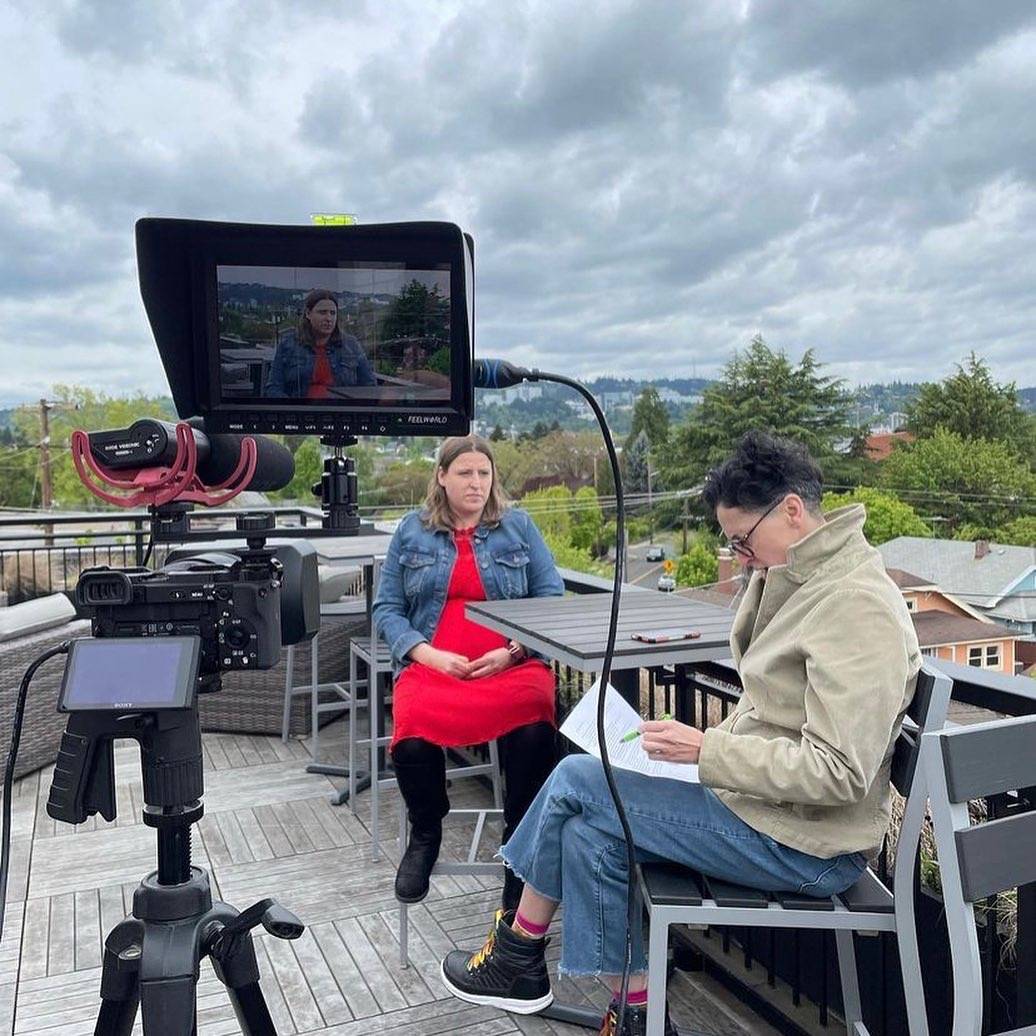

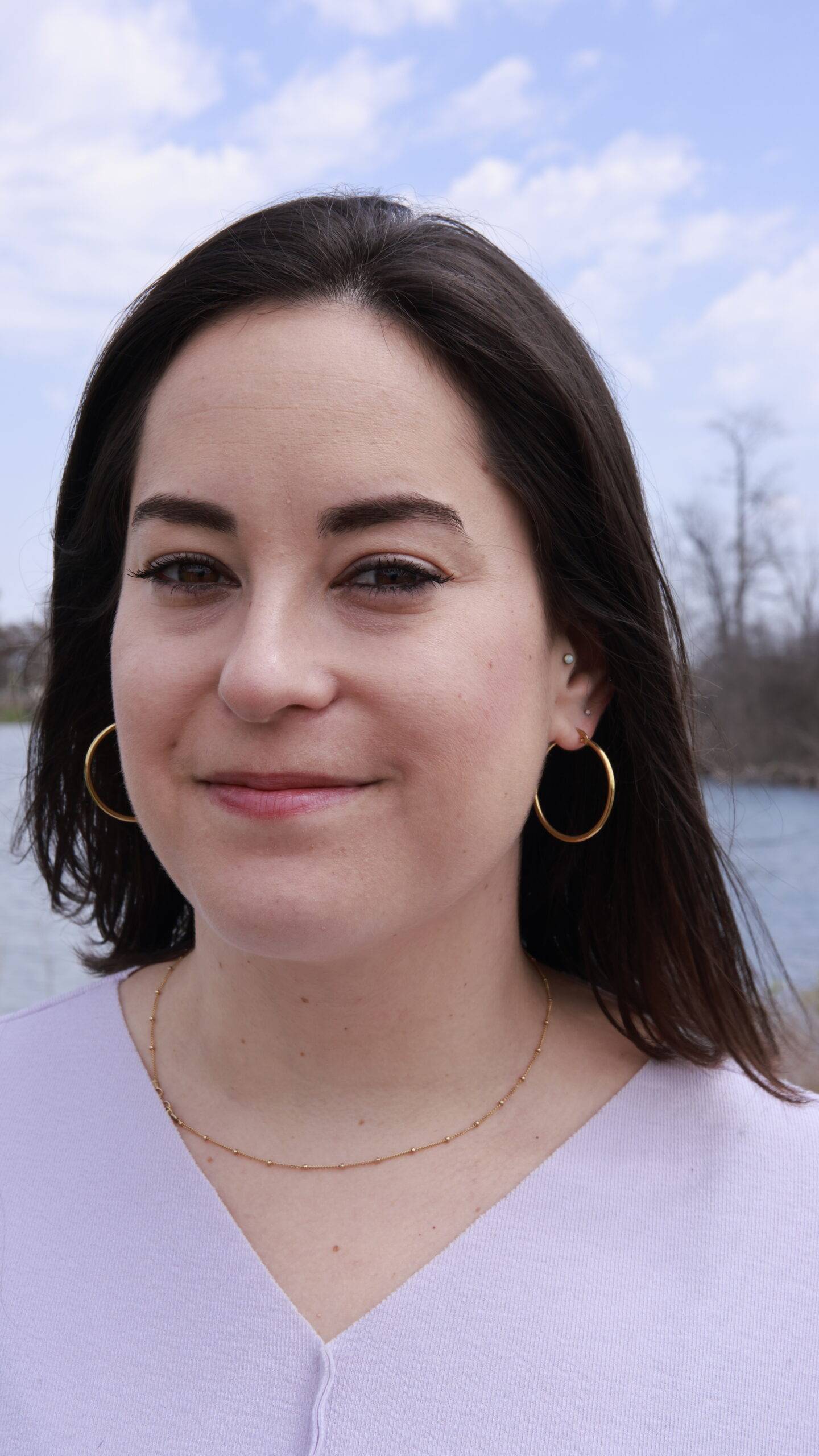



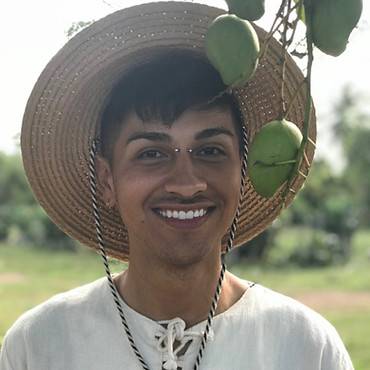

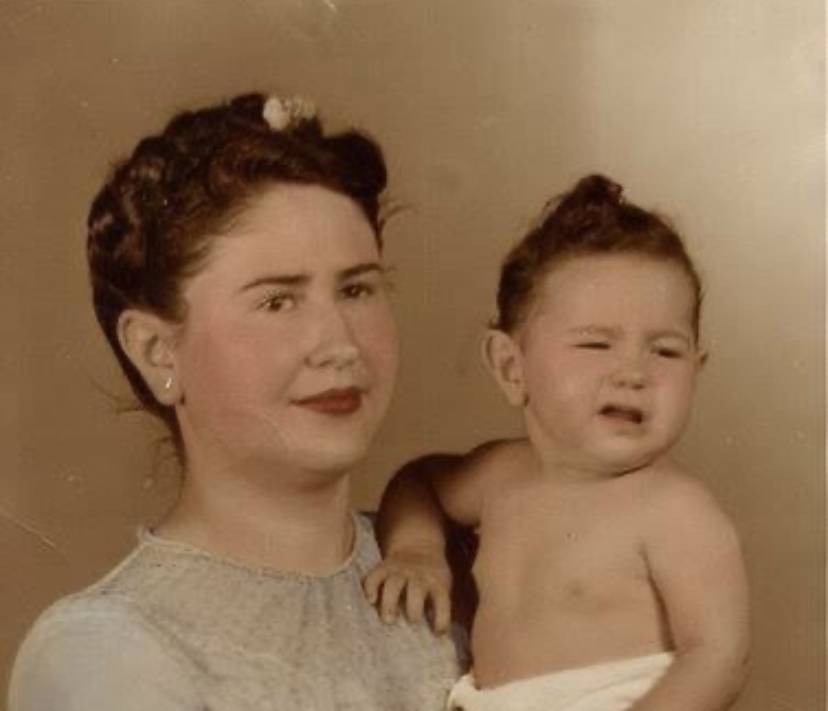



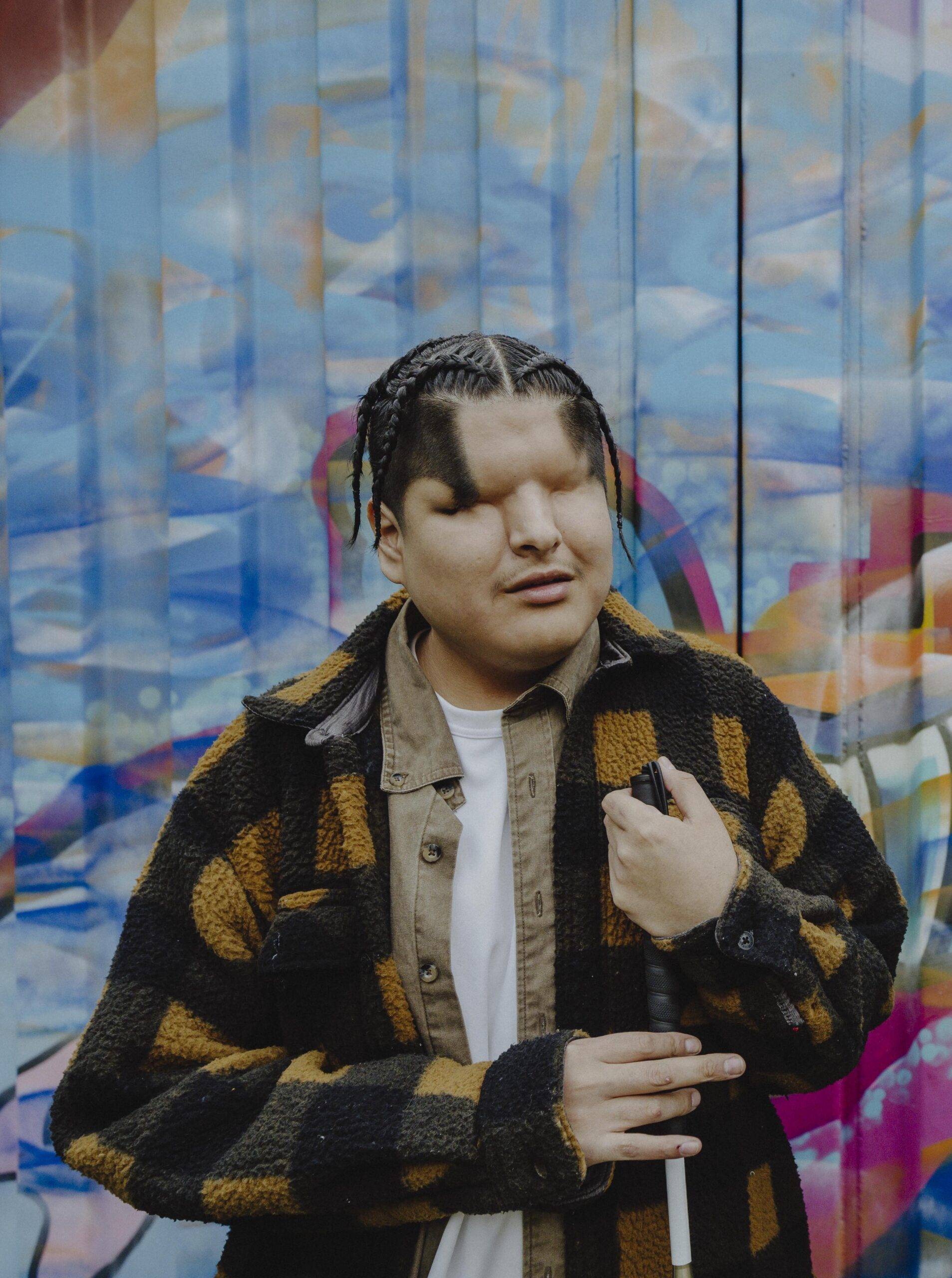



























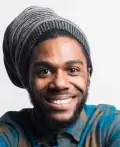












APRIL 1, 2025
Our Premiere Screening in Portland sold out the first day! The event was beautiful! Because so many people have been asking for another screening, we are having another screening in Portland!
Our next screening will be June 22nd at Hollywood Theatre in Portland, Oregon. We’ll let you know when tickets become available.
Please, we need your help. For the cost of screening at Hollywood, the cost for distribution, and marketing. Please donate what you can for this very important film. See GoFundMe link at the bottom of page.
Our education based, groundbreaking film challenges societal norms, exploring profound themes of ableism, racism, intersectionality, and the distinction between Disability Rights and Disability Justice. It challenges the notions of beauty and centers on the lived experiences of adults with disabilities. This is the first film uniting a minority, the largest minority, Persons with Disabilities, that spans the globe.
While understanding that ableism and inspiration porn are embedded in our culture, we want to share stories authentically and unapologetically. It is packed with stories and information to educate and shed light on the experience of individuals with disabilities.
@wearethemostbeautifupeople
Director and Editor BA Short @bethannshort
Cinematographer Robert Lafady @rdlafady
Producer Zian Chavez @zianchavez
Original Song by Toni Hickman @therealtonihickman and Matthew Monias @mattmaconline
WATMBP LLC and Crow and Moon Productions @crowandmoonproductions
WATMBP LLC and Crow and Moon Productions acknowledges we are located on the territory of the Multnomah, Kathlamet, Clackamas, Chinook, Tualatin Kalapuya, Molalla, and other indigenous nations, ceded under duress between 1848 and 1855. Currently, Multnomah County is home to the 9th largest urban Indigenous population. For more information and an interactive map, visit https://native-land.ca/
